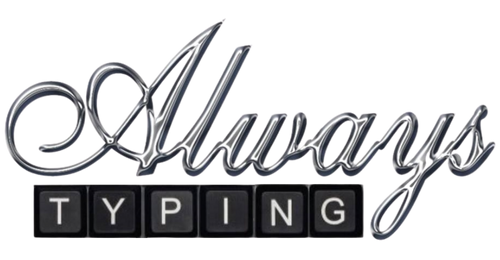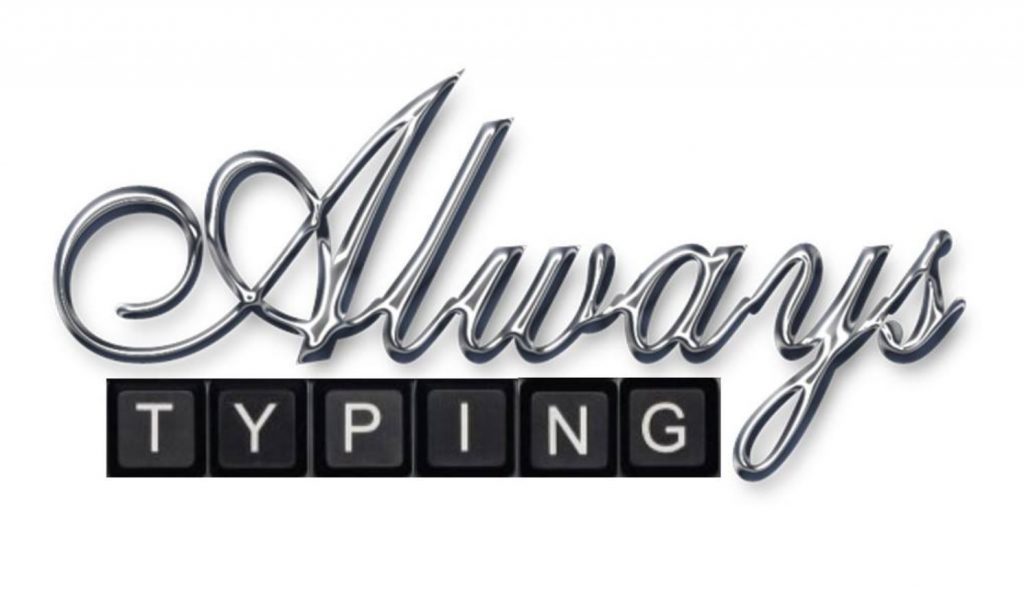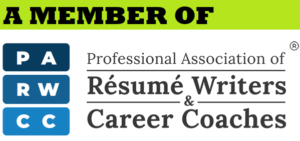In the realm of job hunting, it’s crucial to align your skills with the requirements of the desired position. While you may meticulously curate a list of hard skills derived from your experience and education, there’s another dimension to your candidacy: soft skills. These intangible attributes can bolster your resume and tip the scales in favor of securing an interview.
Hard skills and soft skills are terms often thrown around in the realm of resume writing, but what exactly do they entail and how can you leverage them to land an interview?
Table of Contents
ToggleDistinguishing Between Hard Skills and Soft Skills
Hard skills encompass your learned abilities based on education and experience. These can range from executing competitor analyses and coding new software to creating topographical maps or piloting aircraft. Hard skills are quantifiable, enabling you to attach numbers (such as $ or %) to accomplishments related to these skills. On the other hand, soft skills aren’t learned in classrooms or workplaces; they are personality traits that enhance your effectiveness. Unlike hard skills, they are evaluated qualitatively rather than quantitatively.
For instance, a registered nurse’s hard skill would involve administering intravenous medications, while a soft skill for the same nurse emerges when effectively communicating recovery expectations to patients.
Balancing Hard and Soft Skills
Whether it’s your resume, cover letter, LinkedIn profile, or interview responses, integrating a blend of hard and soft skills is paramount. The significance of soft skills lies in their alignment with workplace culture. Highly valued soft skills are those that influence your interactions in communication, social, and emotional contexts. Employers seek candidates who seamlessly integrate within their existing work dynamics and harmonize with the team.
Emotional intelligence, a coveted soft skill, particularly for leadership roles, encompasses traits like flexibility, adaptability, empathy, self-management, and problem-solving. These attributes resonate as indicators of an individual’s capacity to navigate evolving circumstances effectively.
Adapting to Change with Flexibility and Adaptability
In today’s dynamic landscape, adaptability holds immense value. The COVID-19 pandemic’s onset accelerated the need for these attributes as swift changes in response to social distancing and quarantine measures became the norm. Possessing these skills eased the transition for individuals across various domains.
Empathy as a Pillar of Effective Collaboration
Acknowledging the hidden struggles others might be facing is the foundation of empathetic engagement. Cultivating empathy fosters strong work relationships and cultivates a culture of excellence. Enhanced collaboration leads to heightened productivity.
Mastering Self-Management for Enhanced Performance
Exhibiting self-management encapsulates attributes like accountability, transparency, efficiency, time management, and organizational prowess. Demonstrating self-control over your professional environment portrays you as a valuable asset who can consistently meet performance goals.
Innovation Through Problem-Solving
Employers seek problem-solvers who can offer fresh perspectives on processes. While immediate overhauls might not be feasible, showcasing your capacity to influence change over time establishes you as a trusted advisor.
Soft Skills: A Universal Asset
Soft skills are vital irrespective of your career stage, whether you’re embarking on your first job or boasting 10-15 years of experience. Demonstrating soft skills showcases your fit for the organization and team, providing you with a competitive edge.
For instance, every registered nurse possesses the hard skill of taking patient vitals. Elevating your candidacy involves highlighting unique soft skills, like effectively communicating with needle-phobic patients.
Communication: The Keystone Soft Skill
The significance of soft skills varies by job description. The qualifications section of a job posting usually offers insights into sought-after soft skills. Communication frequently tops the list of valuable attributes, emphasizing the ability to convey information and navigate complex situations.
Nurturing Soft Skills: A Continuous Journey
While soft skills reflect inherent traits, they can be honed and improved. Deliberate practice, seeking feedback from trusted sources, and enrolling in online courses can enhance these attributes. Platforms like Coursera, Udemy, and LinkedIn Learning offer diverse courses to nurture skills like creative thinking, teamwork, and effective communication.
Spotlighting Soft Skills on Your Resume
Applicant Tracking Systems (ATS) scan resumes not only for technical skills but also for soft skills. Elevate your resume by strategically incorporating soft skills:
- Skills Section: Begin by including soft skills in your ‘Core Competencies’ list—a skimmable showcase of 9-12 skills.
- Summary Paragraph: Weave soft skills into your profile summary, aligning your elevator pitch with these attributes.
- Professional Experience: Infuse soft skills into achievement-based bullet points, emphasizing qualitative contributions.
Steer Clear of Buzzwords
Instead of resorting to overused buzzwords, employ actionable terms that depict your attributes vividly. For instance, opt for words like ‘imaginative,’ ‘meticulous,’ ‘entrusted,’ and ‘logical’ to convey depth and impact.
Crafting a Cover Letter with Soft Skills
Cover letters offer an excellent avenue to further emphasize soft skills. Leverage the cover letter to bridge any gaps on your resume and integrate soft skills organically into your narrative.
Harnessing Your Edge: Elevating Interview Triumph with Soft Skills
As you gear up for your job search, compile a list of both hard and soft skills. While hard skills are vital, the incorporation of your unique soft skills can make all the difference. Seamlessly weaving these attributes throughout your application materials presents you as a holistic candidate ready to thrive in any professional setting.
Ready to transform your soft skills into interview triumph?
Unlock your potential with our expert resume writing services and secure the job you deserve by showcasing the power of your personality.




